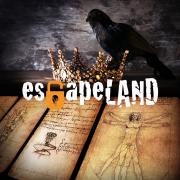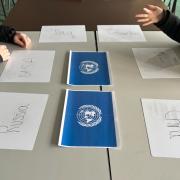
When thinking about the greats of British literature throughout history, thoughts turn to William Shakespeare. Of course, his works date long before present day, however, his representation of female characters is perhaps surprisingly similar to some presentations of women in British literature in the 20th century.
From Lady Macbeth to Ophelia, Beatrice to Juliet, Shakespeare took varying approaches to his female characters. Feminist critics such as Elaine Showalter interpret that Ophelia’s madness in Hamlet derives from losing the influence of the three powerful men who made all of her decisions for her, which is a sound interpretation seeing as she speaks so seldom and is presented generally as meek, mild and weak. However, if we turn to Beatrice from Much Ado About Nothing, we see a strong-willed young woman who knows her own mind and is not afraid to tell the men in her life what she thinks of them. Writers like Shakespeare influenced the society of their time, and the variance in Shakespeare’s presentation of his female characters is a point of interest influencing future authors of the 20th century.
Though British society has progressed past the widely held notion that women were inferior to men, there will still be authors who adopt a similar view in their writings, or perhaps write political pieces about women. For example, Margaret Atwood’s The Handmaid’s Tale, published in 1985, was a potentially controversial novel in 1980s Canada, as its contents pertained to nothing that had not already happened in history, creating a shocking dystopian novel that allowed readers to question the society that we live in, even today.
The presentation of female characters by male authors throughout history has adapted immensely, suggesting that the representation of women in British literature has changed for the better over the past century. It is suggested that it is perpetually difficult for an author to write a wholeheartedly convincing portrayal of a character of the opposite sex, as they simply have not had the experience of living as an individual of that gender identity. However, 21st century male writers, as well as arguably female writers, have improved their portrayals of their female characters immensely.



























